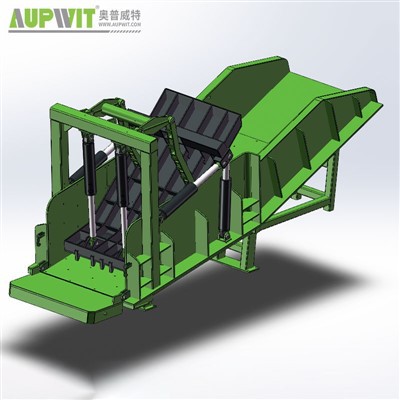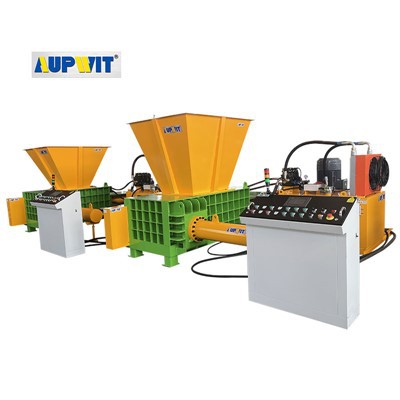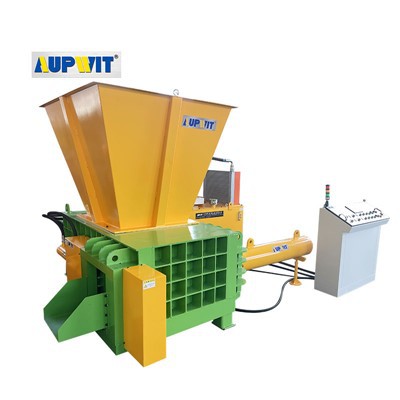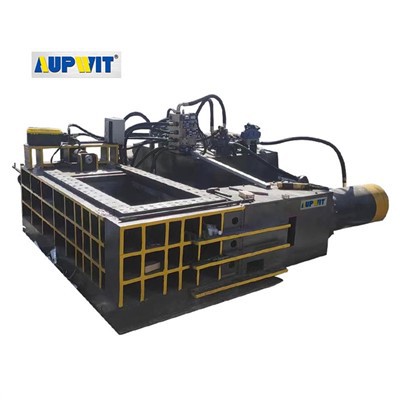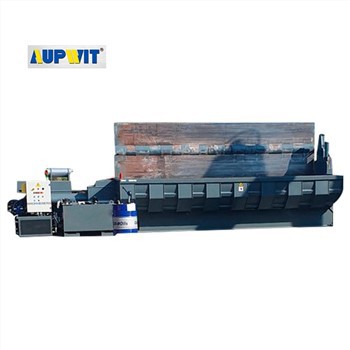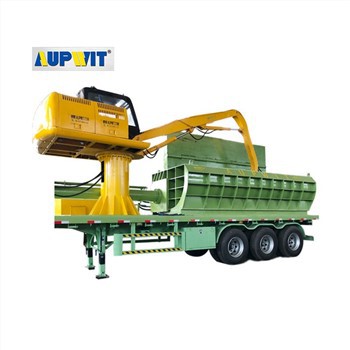Initial Observation
- Observe symptoms carefully - note if the machine fails to start, produces abnormal noises, or shows inconsistent compression levels
Electrical System Check
- Check power supply - ensure the machine is receiving electricity
- Inspect switches and cables - look for faulty switches or damaged cables
- Check circuit breakers - reset if tripped
- Examine control panels - look for error codes or indicator lights
- Inspect motor and connections - if machine starts but lacks power
Hydraulic System Inspection
- Check hydraulic pressure - low pressure may indicate issues
- Look for fluid leaks - examine hoses, fittings, and seals
- Check fluid level - a drop may indicate a leak
- Inspect fluid quality - discolored or contaminated fluid may need replacement
- Examine filters and pump - clogged filters or malfunctioning pump can cause problems
Mechanical Components
- Check for loose belts - tighten if necessary
- Inspect gears - look for worn-out components
- Verify alignment - ensure all parts are properly aligned
- Look for visible damage - check moving parts for wear or damage
- Ensure proper lubrication - reduce friction to prevent overheating
Compression Issues
- Check pressing mechanism alignment - misalignment causes uneven pressure
- Inspect dies condition - ensure they are in optimal condition
- Regular maintenance - follow scheduled maintenance procedures
By following this systematic troubleshooting process, operators can identify and resolve common problems with briquetting machines efficiently, minimizing downtime and maintaining productivity.


